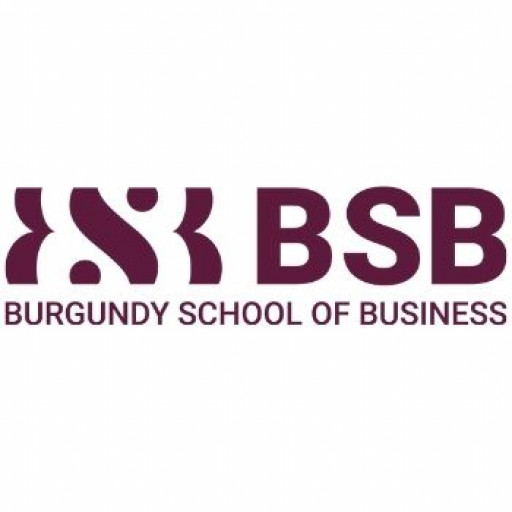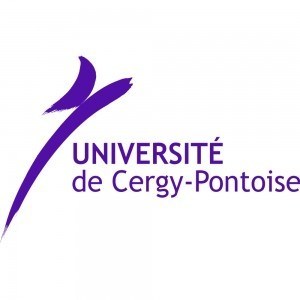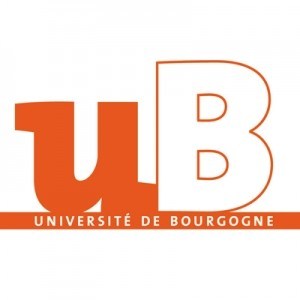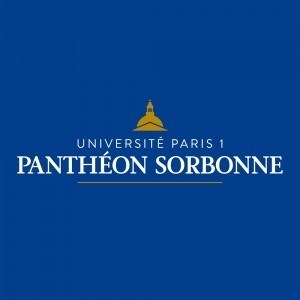Photos of university / #bsb.international
The MSc in Arts & Cultural Management at Burgundy School of Business offers a comprehensive and dynamic education designed to equip students with the essential skills and knowledge required to excel in the cultural sector. This program combines theoretical foundations with practical applications, enabling students to develop a deep understanding of the economic, managerial, and artistic aspects of the arts and culture industries. Throughout the course, students explore key topics such as cultural policies, arts marketing, strategic management, event management, and digital innovation in cultural institutions. The curriculum is carefully structured to foster both analytical thinking and creative problem-solving, preparing graduates to navigate the complex and evolving landscape of arts management.
Located in the heart of Burgundy, the school leverages its rich cultural heritage and proximity to major artistic hubs to provide students with unique internship opportunities and industry contacts. The program emphasizes experiential learning through case studies, project-based assignments, and collaborations with cultural organizations, museums, galleries, and event organizers. Students are encouraged to develop their own initiatives and to think critically about the social and economic impact of arts and culture. The faculty comprises experienced professionals and academics who bring real-world insights into the classroom, ensuring that students are well-prepared for leadership roles in diverse cultural environments.
Graduates of the MSc in Arts & Cultural Management are equipped to pursue careers in arts administration, cultural policy, museum management, event planning, and more. They gain valuable skills in strategic planning, financial management, audience development, and digital marketing, making them versatile professionals ready to contribute to the flourishing cultural sector. The program also offers pathways for further academic research or specialization. With its multidisciplinary approach and international perspective, the MSc in Arts & Cultural Management at Burgundy School of Business is an ideal choice for passionate individuals who aim to make a meaningful impact within the arts and culture industries worldwide.
The MSc in Arts & Cultural Management at Burgundy School of Business offers a comprehensive and dynamic curriculum designed to equip students with the essential skills and knowledge to succeed in the arts and cultural sectors. Throughout the program, students explore the fundamental principles of management while gaining specialized insights into the unique challenges and opportunities within arts organizations, galleries, museums, cultural festivals, and nonprofit entities. The coursework combines theoretical frameworks with practical applications, ensuring that graduates are prepared to lead, innovate, and effectively manage cultural projects and institutions.
Students begin their journey by studying core management disciplines such as strategic planning, financial management, marketing, and organizational behavior, all tailored to the context of arts and culture. The program emphasizes the development of critical thinking and creative problem-solving abilities, enabling students to devise innovative solutions for complex cultural issues. Additionally, courses focus on topics like audience development, fundraising, sponsorship, digital transformation, and cultural policy, reflecting current trends and technologies impacting the sector.
A distinctive feature of this MSc programme is its emphasis on experiential learning. Students engage in real-world projects, internships, and case studies that provide invaluable industry insights and networking opportunities. Visits to cultural institutions, guest lectures by prominent professionals, and partnerships with arts organizations allow students to connect theoretical knowledge with practical experience. This immersive approach prepares graduates for diverse careers as cultural managers, project coordinators, event organizers, or consultants in the cultural sector.
The programme also encourages international perspectives by attracting a diverse student body and incorporating global case studies. Students gain a broader understanding of cultural management practices worldwide, fostering adaptability and cultural sensitivity. Upon graduation, students are equipped to contribute meaningfully to cultural development, heritage preservation, and the promotion of arts and creativity across different communities.
Overall, the MSc in Arts & Cultural Management from Burgundy School of Business provides a robust education that balances academic rigor with practical relevance, empowering students to become effective leaders and innovators in the vibrant and evolving world of arts and culture.
The MSc Arts & Cultural Management programme at Burgundy School of Business requires applicants to have completed a Bachelor’s degree or an equivalent qualification from an accredited institution, demonstrating strong academic performance and a commitment to the field of arts and culture management. While specific minimum GPA requirements may vary, prospective students are encouraged to showcase relevant coursework, internships, or professional experience related to arts, culture, management, or related disciplines. Prior experience in arts organizations, cultural institutions, or project management can strengthen an application but is not mandatory. The admissions process also involves submitting a completed online application form, a curriculum vitae detailing academic and professional credentials, and a personal statement outlining the applicant’s motivation, career aspirations, and reasons for pursuing this particular programme. English language proficiency proof is typically required, such as a TOEFL or IELTS score, especially for non-native speakers, with minimum scores specified by the admissions office. Additionally, reference letters from academic or professional referees who can attest to the applicant’s abilities and suitability for graduate studies are usually required. The programme may also conduct interviews, either in person or online, to assess the candidate’s motivation, communication skills, and understanding of the arts and cultural management sector. Once admitted, students are expected to complete a series of core courses focused on arts management principles, cultural policy, marketing, finance, and strategic planning, supplemented by electives that allow specialization in areas such as arts entrepreneurship, heritage management, or digital media. Students must also participate in practical projects, internships, or collaborations with partner organizations to gain real-world experience. A final capstone project, thesis, or professional internship report is typically required for graduation, demonstrating the student’s ability to apply learned concepts in a practical setting. Overall, the programme emphasizes a combination of academic rigor, practical skills development, and industry engagement to prepare graduates for leadership roles in the arts and cultural sector.
The MSc Arts & Cultural Management program at Burgundy School of Business offers a variety of financing options to support students throughout their studies. Tuition fees for the program are determined annually and can be found on the official Burgundy School of Business website. Students are encouraged to explore different funding sources, including government grants, scholarships, and financial aid programs available to international and domestic students. Burgundy School of Business provides a range of scholarships based on academic merit, financial need, and specific criteria such as country of origin or professional background. Applicants are advised to submit their scholarship applications early, along with their admission application, to maximize their chances of receiving funding. Additionally, students may access loan options through private financial institutions or government-sponsored loan programs, subject to eligibility criteria. The university's partnership with various European organizations also facilitates internships and part-time work opportunities that can help students offset living expenses and additional costs associated with the program. Students are encouraged to consider external funding sources, including Erasmus+ grants, which can provide financial support for students undertaking international mobility periods. Moreover, Burgundy School of Business offers personalized financial counseling services to assist students in planning their finances and identifying suitable funding pathways. It is essential for prospective students to thoroughly review the financial requirements and deadlines linked to each funding option well in advance of the program start date. The total cost of attendance includes tuition fees, accommodation, insurance, living expenses, and study materials, all of which should be budgeted for accordingly. Students are recommended to prepare a comprehensive financial plan to ensure smooth progression through the MSc program without financial hardship. The university promotes transparency in its fee structure and funding policies, making it easier for students to make informed decisions about their educational investments.
The MSc Arts & Cultural Management program at Burgundy School of Business is designed to equip students with the skills and knowledge necessary to excel in the dynamic field of arts and culture management. This program emphasizes a multidisciplinary approach, integrating principles of business, management, and cultural studies to prepare graduates for leadership roles in museums, galleries, cultural institutions, and arts organizations. The curriculum includes modules on strategic management, marketing, finance, and governance tailored specifically for the cultural sector. Students also gain practical experience through internships and projects with partner organizations, allowing them to apply theoretical knowledge in real-world settings. The program fosters critical thinking, creativity, and innovation, encouraging students to develop sustainable solutions for cultural challenges. Faculty members are experts in their fields, providing mentorship and guidance throughout the course. The program also offers opportunities for international exposure, including study trips and exchange programs with partner universities worldwide, enhancing students’ global perspectives. Graduates of the MSc Arts & Cultural Management are well-prepared for careers in cultural policy, arts administration, event management, and consultancy. They benefit from Burgundy School of Business's strong network within the cultural sector, facilitating valuable connections for future employment. The program's emphasis on practical skills, strategic thinking, and cultural insight makes it a comprehensive choice for those passionate about advancing arts and culture on both a local and international level.








